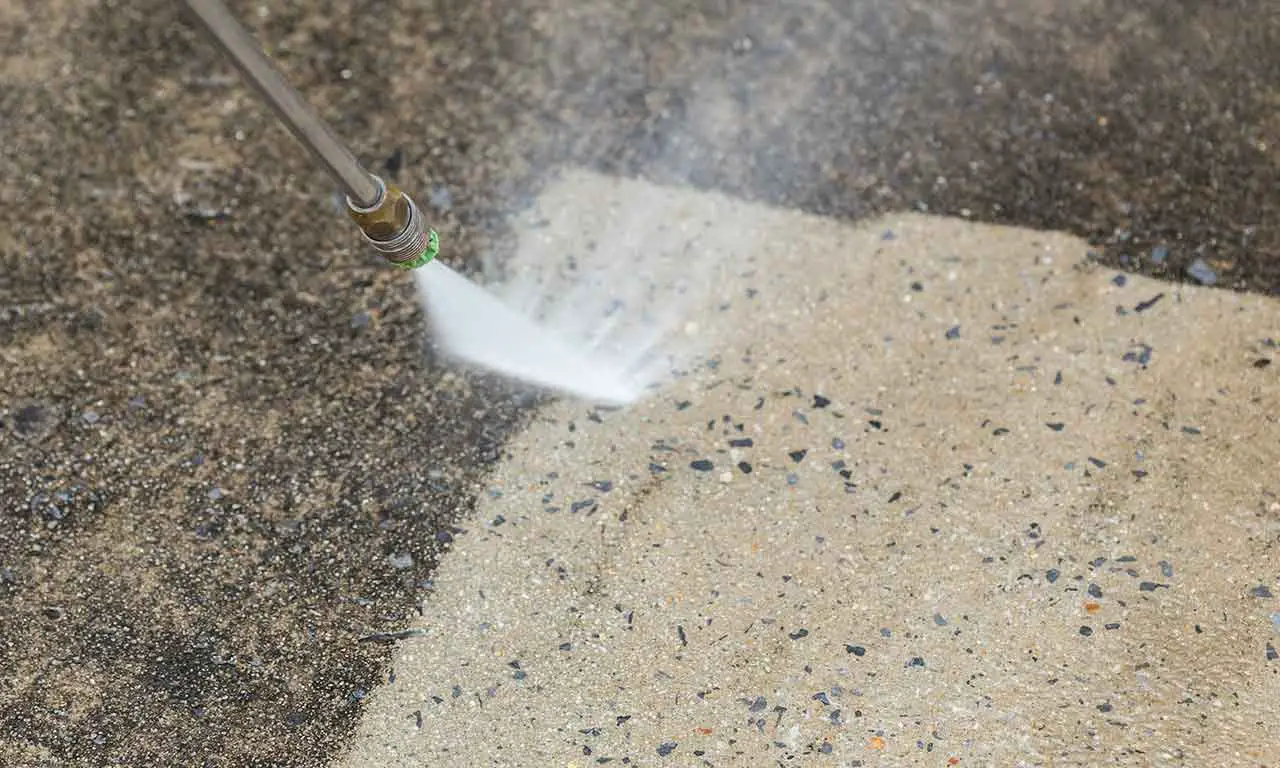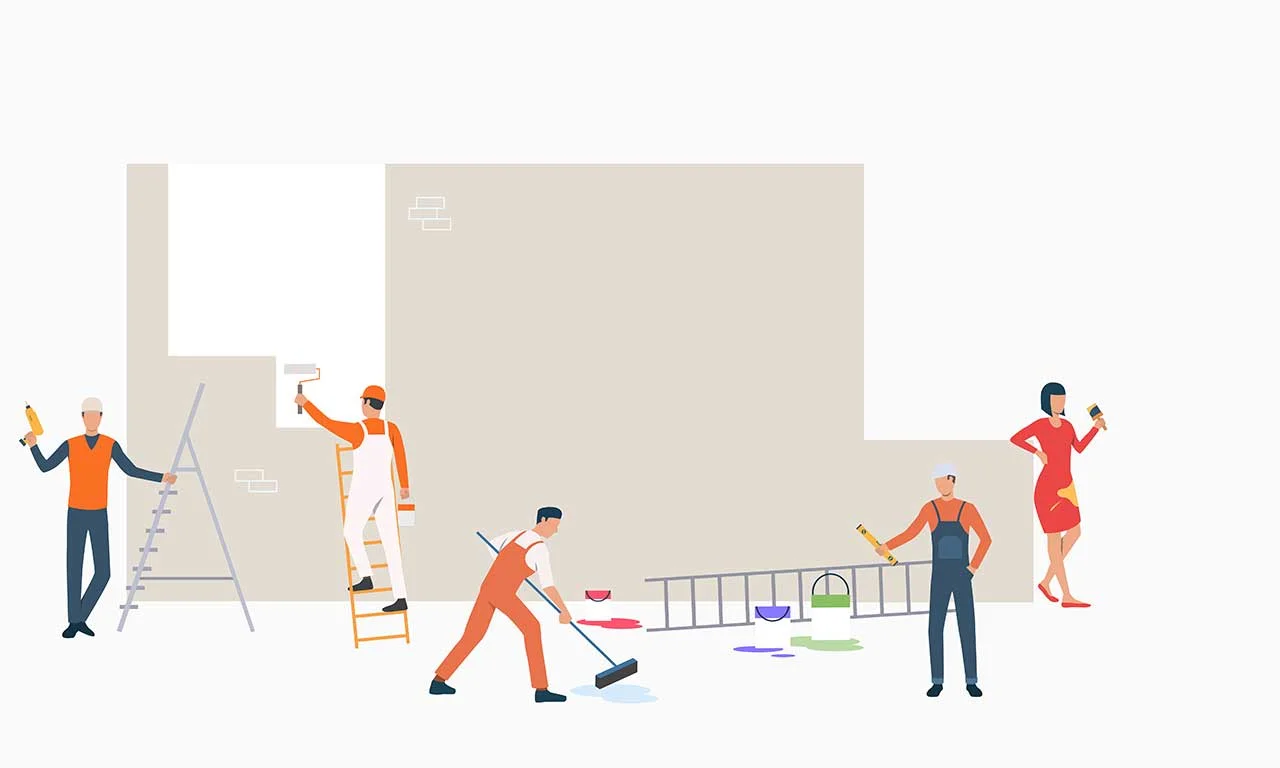When it comes to upgrading the look of your property with concrete flooring, you have two primary options: concrete coating and concrete polishing in Melbourne. Both choices have unique benefits and drawbacks, so it’s essential to understand the differences between them and consider your specific needs before making a decision. If you are wondering what concrete polishing and coating are, read on to find out more to decide which is best for you!
Concrete Polishing
Concrete polishing involves grinding and smoothing concrete surfaces to create a polished finish. This process typically involves several stages of diamond grinding, followed by applying concrete hardeners and sealers. The result is a glossy, durable surface that can withstand high traffic and is easy to maintain. Head over to Policrete if you are interested in polished concrete.
Benefits of Concrete Polishing:
- Improved Lighting: One benefit of concrete polishing is that it can improve the lighting in a space. The glossy finish of polished concrete reflects light, which can help to brighten up dim-lit areas and reduce the need for additional lighting fixtures.
- Increased Slip-Resistance: While polished concrete may seem like it would be slippery, it can provide better slip resistance than unpolished concrete. The grinding creates a textured surface that can provide traction even when wet.
- Healthier Indoor Air Quality: Polished concrete is an excellent option for those who suffer from allergies or asthma. Unlike carpeting or other types of flooring, polished concrete does not trap dust, pet hair, or other allergens. It also does not emit volatile organic compounds (VOCs) like some types of flooring materials, improving indoor air quality.
- Durability: Polished concrete is incredibly durable and can withstand heavy foot traffic and machinery use. The surface is also resistant to abrasions and impact damage, making it a long-lasting option for high-traffic areas.
- Low Maintenance: Polished concrete is easy to maintain, requiring only regular cleaning and occasional resealing to maintain its appearance and durability.
- Eco-Friendly: Polished concrete doesn’t require additional materials or chemicals to create a finished look, making it a sustainable and eco-friendly option.
- Appearance: Polished concrete has a glossy, professional appearance that can enhance the look of any space.
Drawbacks of Concrete Polishing:
- Surface Imperfections: While concrete polishing can create a smooth and glossy finish, it may not be able to hide underlying imperfections in the concrete. This means that if there are cracks or other defects in the concrete, they may still be visible after polishing.
- Initial Cost: While polished concrete is a long-lasting and low-maintenance option, it can be more expensive to install than other types of flooring. This is because it requires special equipment and multiple stages of grinding and sealing, which can add to the overall cost.
- Slipperiness When Wet: While polished concrete can provide better slip resistance than unpolished concrete, it can still be slippery when wet. It is particularly true if the surface is not properly sealed or if it was polished to an extremely high shine.
- Limited Customisation: While polished concrete can be stained or dyed to achieve different colors, it’s more challenging to achieve intricate designs or patterns than concrete coating.
Concrete Coating
Concrete coating involves applying a layer of protective material over the surface of the concrete. This material can include epoxy, polyurethane, or acrylic coatings, each with unique benefits and drawbacks. The result is a decorative and protective finish that can be bespoke to suit your preferences.
Benefits of Concrete Coating:
- Water Resistance: Concrete coating can create a waterproof barrier over the concrete, preventing water damage and reducing the risk of mold or mildew growth.
- Quick Installation: Compared to concrete polishing, a coating is a quicker installation process. You can apply the coating in one or two days, which can benefit those looking for a fast turnaround time.
- Enhanced Aesthetics: Concrete coating can be customized to create several decorative effects, including speckled or metallic finishes. This can improve the overall look of a space and add a unique touch to any concrete surface.
- Customization: Concrete coating can be customized to create numerous designs and patterns, making it an ideal option for adding color and style to any space.
- Affordability: Coating is often less expensive than polishing, making it a more cost-effective option for those on a budget.
- Protection: Coating provides an added layer of protection to the concrete, making it resistant to stains, scratches, and impact damage.
- Versatility: One can use concrete coating in various environments, including residential, commercial, and industrial spaces.
Drawbacks of Concrete Coating:
- Susceptible to Peeling or Chipping: While concrete coating can provide added protection to the underlying concrete, it can also be susceptible to peeling or chipping over time.
- Limited Durability: While concrete coating can protect the underlying concrete, it may not be as durable as polished concrete and require more frequent reapplication.
- Prone to Scratches: While concrete coating can provide added protection against stains and impact damage, it can still be prone to scratching. This is especially true if the coating is exposed to sharp objects or heavy machinery.
- Maintenance: Coated concrete requires regular maintenance to ensure the coating remains intact and effective.
Final Thoughts
When deciding between concrete polishing and coating, it’s essential to consider your specific needs and preferences. Polished concrete is a durable and low-maintenance option that can enhance the look of any space, while concrete coating provides a range of customization options and is more affordable.
Ultimately, the decision comes down to your priorities and budget, but both options can improve the appearance and functionality of your Melbourne property’s concrete flooring. To choose the right concrete flooring for your Melbourne property, speak to experts at Excon Group to resolve your queries today!


















